Environment
-
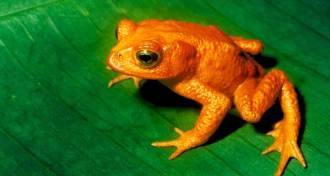 Life
Life1 million species are under threat. Here are 5 ways we speed up extinctions
One million of the world’s plant and animal species are now under threat of extinction, a new report finds.
-
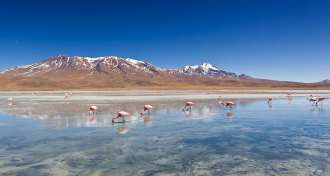 Earth
EarthThe search for new geologic sources of lithium could power a clean future
Futuristic clean-energy visions of electric vehicles are driving the hunt for lithium.
-
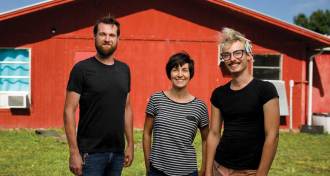 Agriculture
AgricultureCan Silicon Valley entrepreneurs make crickets the next chicken?
Entrepreneurs are bringing automation and data analysis to insect agriculture to build a profitable business that helps feed the planet.
By Susan Milius -
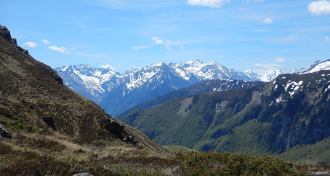 Climate
ClimateTiny microplastics travel far on the wind
Airborne bits of plastic that originated in cities ended up in pristine mountains at least 95 kilometers away, a study finds.
-
 Chemistry
ChemistryWhy kids may be at risk from vinyl floors and fire-resistant couches
Children from homes with all vinyl floors and flame-retardant sofas show higher levels of some synthetic chemicals in their bodies than other kids.
-
 Animals
Animals50 years ago, DDT pushed peregrine falcons to the edge of extinction
In 1969, peregrine falcons were at risk of extinction. But a ban on the pesticide DDT and new captive breeding programs allowed the raptors to recover.
-
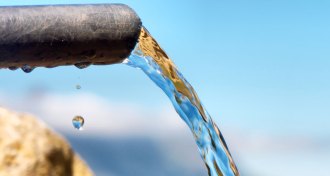 Tech
TechA new 2-D material uses light to quickly and safely purify water
A newly designed material uses only light to speedily remove 99.9999 percent of microbes from water.
By Jeremy Rehm -
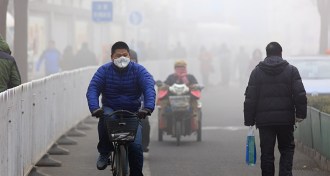 Health & Medicine
Health & MedicineChinese ‘tweets’ hint that happiness drops as air pollution rises
A study of more than 210 million social media posts reveals a link between people’s sense of well-being and pollution.
By Sujata Gupta -
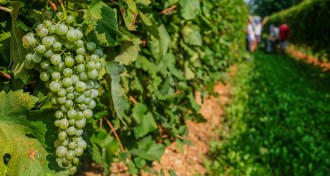 Agriculture
AgricultureProsecco production takes a toll on northeast Italy’s environment
The soil in Northern Italy’s prosecco vineyards is washing away.
-
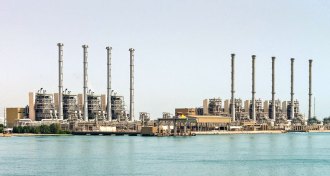 Tech
TechDesalination pours more toxic brine into the ocean than previously thought
Desalination plants help offset the world’s growing water needs, but they also produce much more supersalty water than scientists realized.
By Jeremy Rehm -
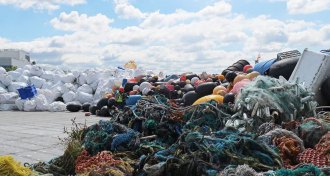 Environment
Environment4 ways to tackle ocean trash besides Ocean Cleanup’s broken system
Here are three approaches to reducing ocean pollution that might be more effective than a controversial plan to fish trash out of the Pacific.
-
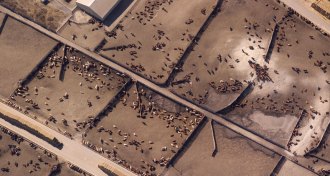 Environment
EnvironmentSatellites make mapping hot spots of ammonia pollution easier
There’s a more accurate way to estimate ammonia emissions.